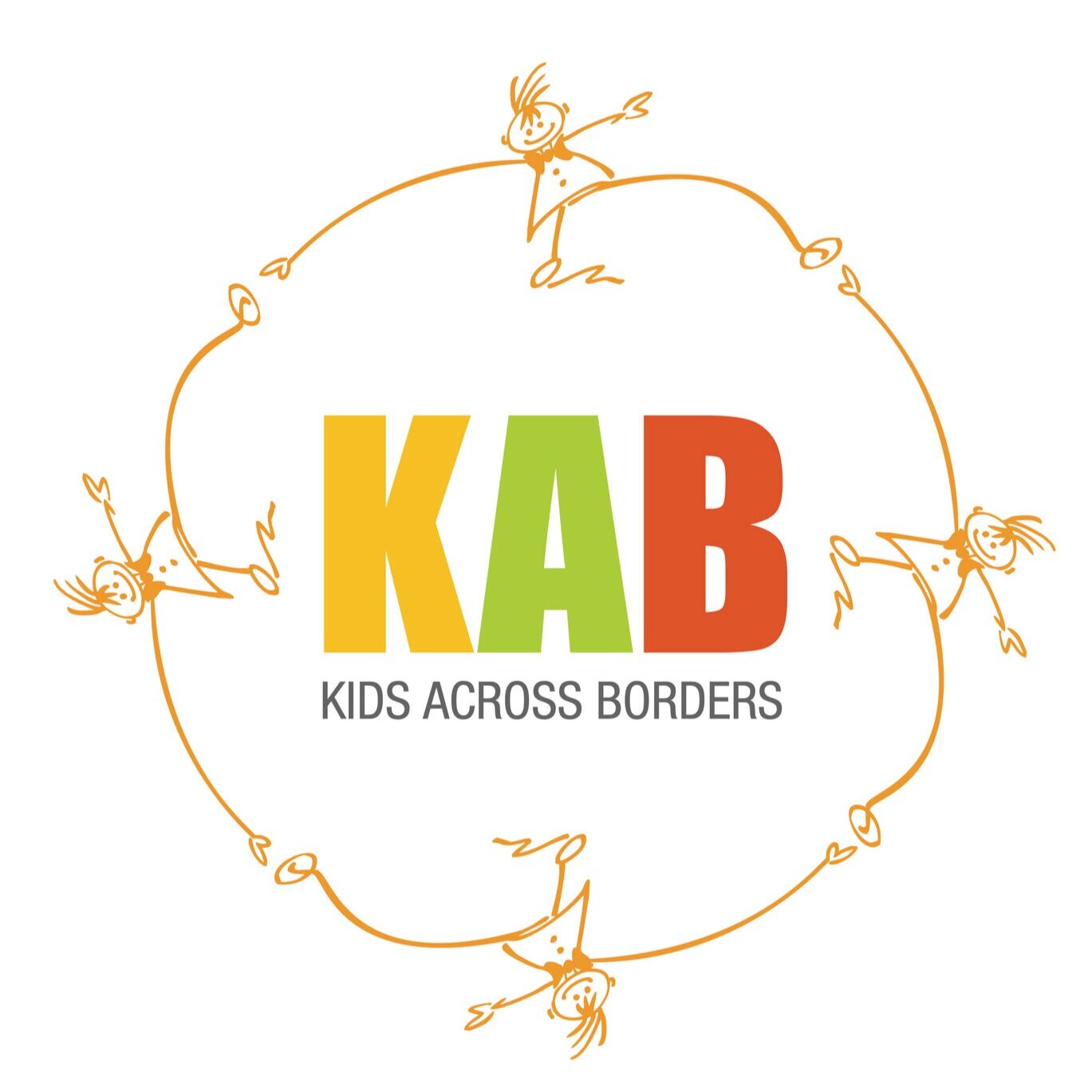Reconciliation
“When we all came together at Uluru, we invited all Australian people to accept our voice and our culture as a gift. We invited everyone to listen to our heart in our songs, see our heart in our dances, learn where our heart is from our stories and languages, and how we have cared for our environment.”
Thomas Mayor, “Finding Our Heart, A story about the Uluru Statement for young Australians.”
“At its heart, reconciliation is about strengthening relationships between Aboriginal and Torres Strait Islander peoples and non-Indigenous peoples, for the benefit of all Australians.” Reconciliation Australia
Reconciliation represents an ongoing journey of building respectful relationships between all Australians based on a recognition of historical truths, addressing social justice issues and valuing Aboriginal and Torres Strait Islanders cultures and heritage as an important part of our national identity. Reconciliation Australia has identified five integrated dimensions by which to measure reconciliation:
In the last decade there has been growing recognition in the Australian community about the importance of reconciliation. According to the 2020 Australian Reconciliation Barometer (ARB), 90% of the general community feel the relationship between Indigenous and non Indigenous people is important and 79% agree that Aboriginal and Torres Strait Islander cultures are important to Australia’s national identity. Furthermore, 61% of the general community and 78% of Aboriginal and Torres Strait Islander people want to do something to improve reconciliation. However, only a minority of Australians know what they can do to help and more than half of Australians said they have low or no knowledge about Aboriginal and Torres Strait Islander cultures or histories. In spite of the progress made towards reconciliation, 43% of the broader community and 60% of Aboriginal and Torres Strait Islander believe that Australia remains a racist country.
What is the role of education in reconciliation?
Education is central to helping young Australians gain the skills and insight to make a direct and informed contribution to the reconciliation process, while also encouraging educators to critically engage in their own ongoing learning, ‘un-learning’ and ‘re-learning’ with regard to Aboriginal and Torres Strait Islander histories and cultures (Biddle and Priest, “The Importance of Reconciliation in Education”: 2019).
Historically schools have done a disservice to Australians in regards to teaching Aboriginal cultures and histories. This has been instrumental in shaping the negative views many non-Indigenous people continue to hold of Indigenous people. In the last decade significant progress has been made, with Aboriginal and Torre Strait Islander Histories and Cultures now valued as a cross curriculum priority and educators encouraged to seek opportunities to seek and share Aboriginal voices and perspectives in all learning areas.
Studies show that one of the main ways to reduce negative attitudes and build trust between groups is through increased contact. Building relationships and partnerships with Aboriginal communities provides an invaluable resource for teachers and enriches learning.
How does kids Across Borders support reconciliation?
The KAB program supports reconciliation by building friendships and relationships between Indigenous and non-Indigenous children based on mutual respect and understanding. It gives Indigenous children an opportunity to proudly share their culture and heritage and in doing so allows non Aboriginal children to gain an understanding of the richness and resilience of one the most ancient cultures on Earth. The Kids Across Borders program lends itself well to schools which have strong community and cultural links so the learning, sharing and positive relationship building can flow through classrooms and communities.
Connection to Country is central to Aboriginal people - it embodies the unique relationship they have to their land which ties all aspects of their existence - spirituality, culture, language, family, law and identity. It is an interdependent relationship based on respect: while the land sustains and provides for the people, people care for and sustain the land through culture and ceremony (Behrendt L., Commonground). Sustainability is an integral part of Indigenous culture evident in the mantra “Care for Country and Country will Care for you.” The KAB program provides a platform to share and learn knowledge and practices enabling children to work towards a more sustainable future together..



